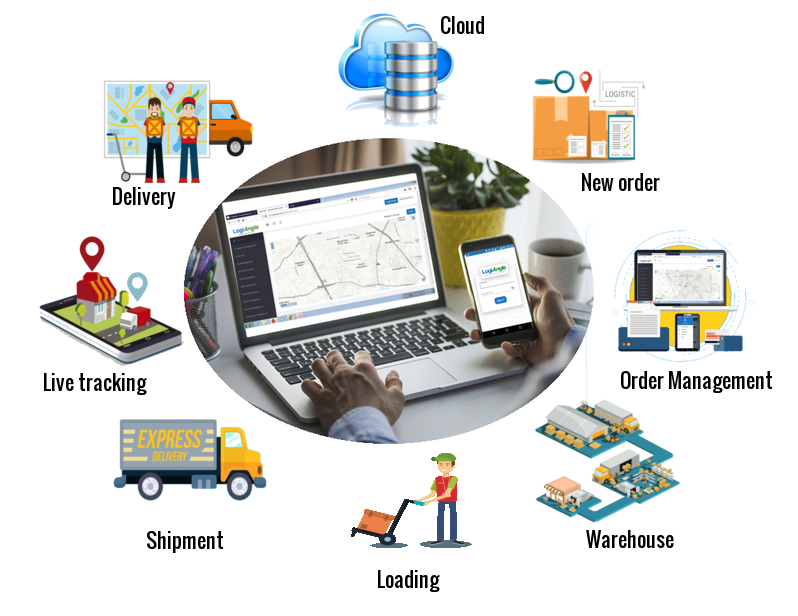Image Source: Google
In today's fast-paced and interconnected world, supply chain planning plays a crucial role in the success of businesses. As technology continues to advance and consumer expectations evolve, supply chain professionals must stay ahead of the curve to ensure seamless operations and high customer satisfaction. This article explores the latest innovations and trends shaping the future of supply chain planning.
Artificial Intelligence and Machine Learning
One of the most significant advancements in supply chain planning is the integration of artificial intelligence (AI) and machine learning (ML) technologies. These innovative solutions help businesses optimize their processes, make data-driven decisions, and predict future demand more accurately. Some key applications of AI and ML in supply chain planning include:
Forecasting
- AI-powered forecasting algorithms can analyze historical data and identify patterns to predict future demand more accurately.
- Machine learning models can adjust forecasts in real-time based on changing market conditions, leading to more precise inventory management.
Optimization
- AI algorithms can optimize supply chain routes, warehouse operations, and inventory levels to reduce costs and improve efficiency.
- Machine learning can identify inefficiencies in the supply chain and recommend solutions to streamline processes.
Internet of Things (IoT) and Big Data
The Internet of Things (IoT) is revolutionizing supply chain planning by connecting devices, sensors, and equipment to collect real-time data and provide actionable insights. When combined with big data analytics, IoT technologies offer unprecedented visibility and control over the entire supply chain. Some key benefits of IoT and big data in supply chain planning include:
Real-time Tracking
- IoT sensors can track the location, condition, and status of products in transit, allowing businesses to identify delays and mitigate risks proactively.
- Big data analytics can process large volumes of sensor data to identify trends, patterns, and opportunities for optimization.
Inventory Management
- IoT devices can monitor inventory levels in real-time and automatically trigger reorders when stock is running low, reducing the risk of stockouts.
- Big data analytics can analyze inventory data to optimize stocking levels, minimize carrying costs, and improve order fulfillment rates.
Blockchain Technology
Blockchain technology is another game-changer in supply chain planning, offering enhanced security, transparency, and traceability across the entire supply chain ecosystem. By leveraging blockchain, businesses can create immutable records of transactions, automate contract management, and track products from source to destination. Some key applications of blockchain in supply chain planning include:
Supply Chain Transparency
- Blockchain enables businesses to create transparent and traceable supply chains, allowing stakeholders to verify the authenticity and origin of products.
- Smart contracts on blockchain can automate compliance checks, payments, and invoicing processes, reducing errors and delays.
Counterfeit Prevention
- Blockchain can help businesses combat counterfeit products by creating a secure and tamper-proof record of each product's journey through the supply chain.
- Customers can scan QR codes or RFID tags to verify the authenticity of products and ensure they are purchasing genuine items.
Supply Chain Resilience and Sustainability
In light of recent disruptions, such as the COVID-19 pandemic and climate change, supply chain resilience and sustainability have become top priorities for businesses worldwide. To build resilient and sustainable supply chains, organizations are adopting innovative strategies and technologies, such as:
Risk Management
- Businesses are leveraging AI-powered risk assessment tools to identify potential disruptions and develop contingency plans to mitigate their impact.
- Supply chain mapping and scenario planning are essential for enhancing resilience and ensuring business continuity in the face of unforeseen events.
Sustainable Practices
- Companies are integrating sustainability criteria into their supply chain planning processes, such as sourcing materials from eco-friendly suppliers and reducing carbon emissions from transportation.
- Blockchain technology can facilitate transparency and accountability in sustainable supply chains by tracking the environmental footprint of products and ensuring ethical practices.
